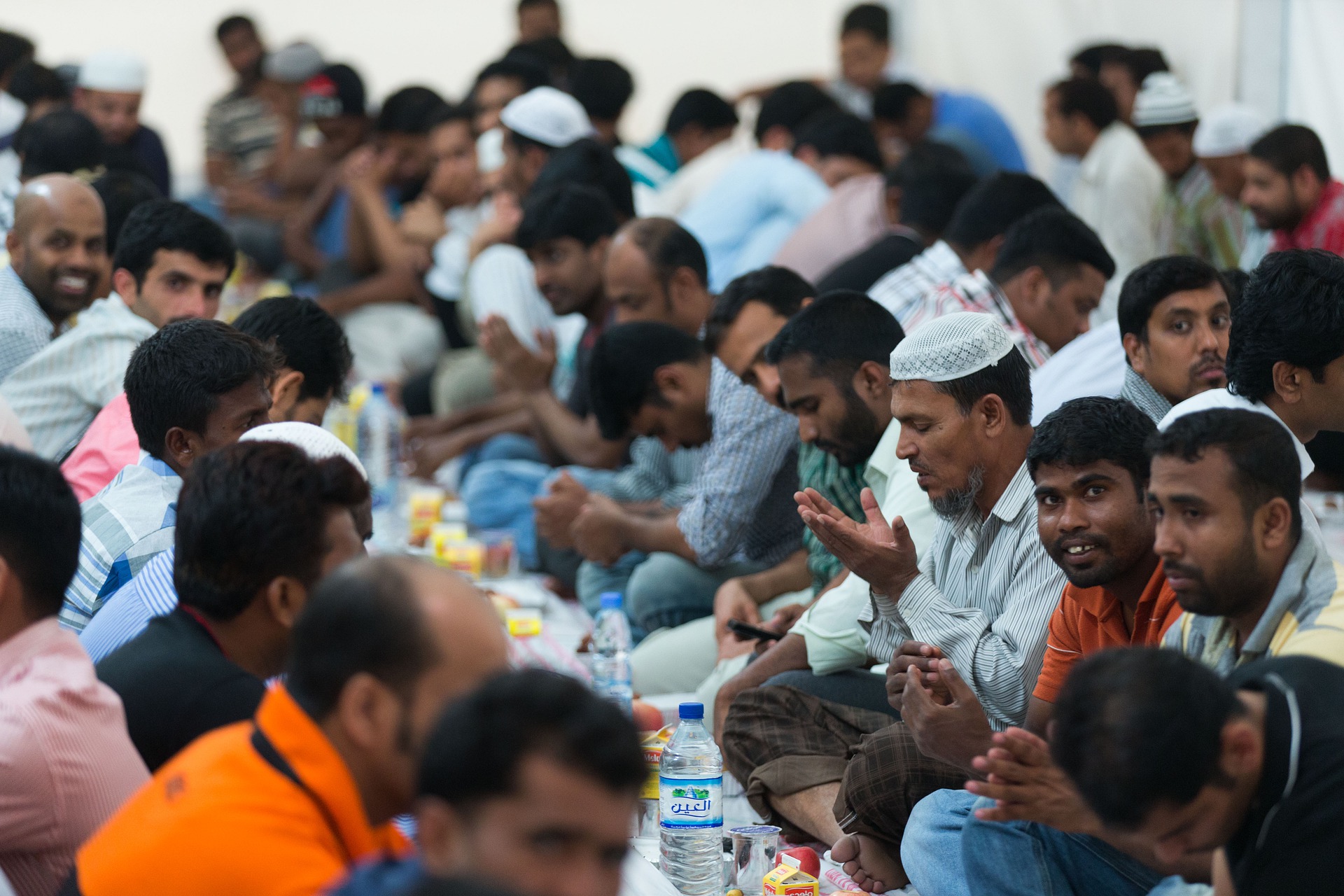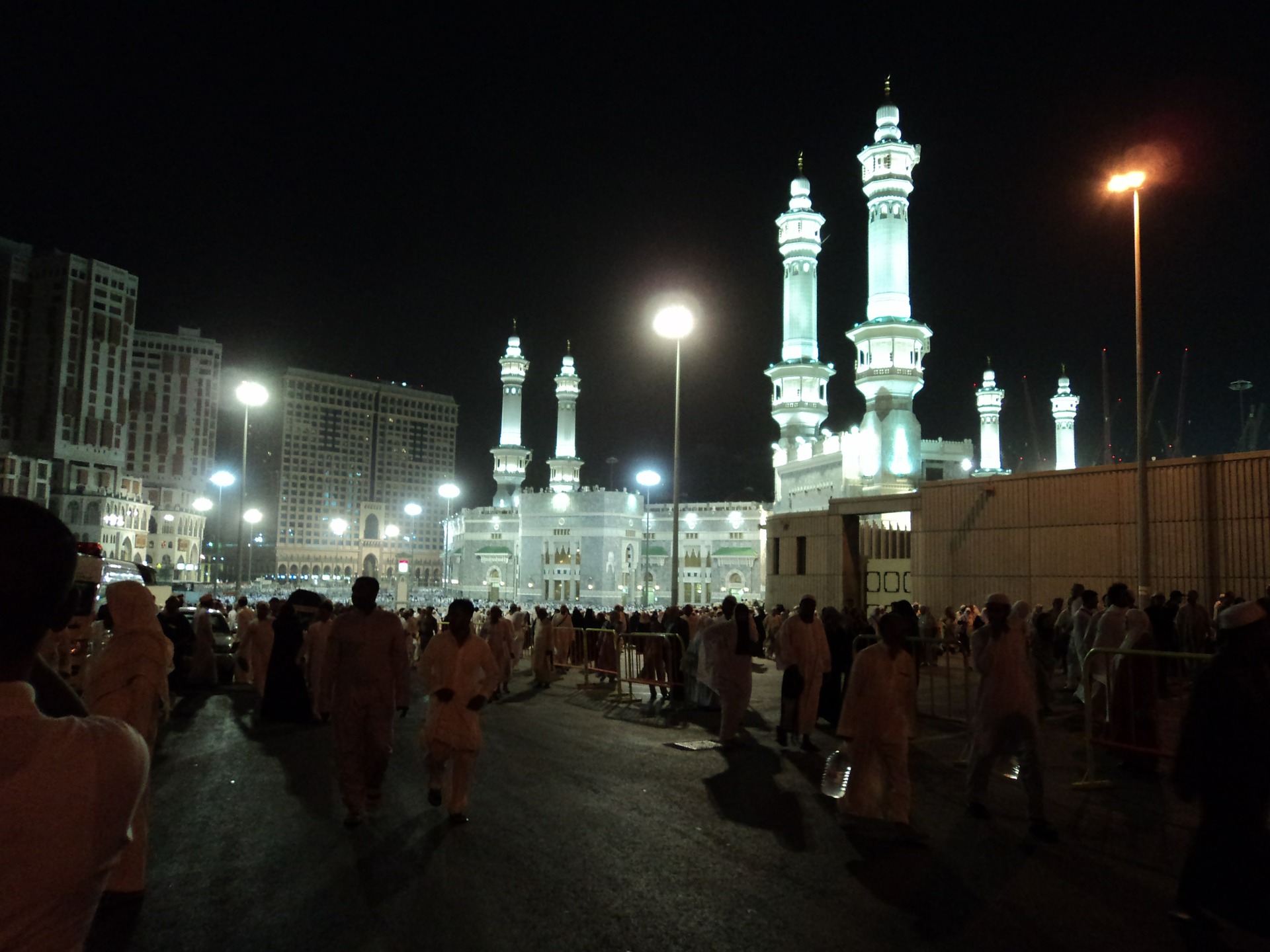Ramadan is the name of the ninth month in the Islamic calendar, which is a lunar calendar based on the lunar cycles of the lunar phases. Although Ramadan is popularly known as the month when many Muslims around the world fast during daylight hours, Ramadan is special to Muslims for a number of other reasons.
The moon was actually significant before the advent of Islam in Arabia. During Ramadan, many people, including the Prophet Muhammad, withdrew from the world to reflect on their relationship with God. It was during one such session, which was considered one of the strangest nights of the last ten days of the month, that Muhammad became the Prophet Muhammad when he divinely accepted, according to Muslim beliefs, the first verses of the most holy scripture of Islam, the Qur’an.
The exact verses that are believed to have been revealed to him on the night known as the Night of Power or Laylat al-Qadr now form the beginning of Surah Al-Alak (section “Blood clot”) in the Qur’an. Also during Ramadan, Muhammad’s new Muslim community won its first battle for survival against the Quraysh tribe of Mecca at the Battle of Badri.
Six years later, in the month of Ramadan, the Prophet Muhammad led the same community to Mecca to reclaim the city from which they had been expelled and, most importantly, to purify the holy Kaaba from its Islamic idols, thus purifying it for the exclusive use of Muslims. around the world as the focal point of their daily worship.
Because the beginning of Ramadan depends on observing the new crescent of the moon, the moon can begin on different days in different Muslim communities. This is due to the fact that some communities use their own local surveillance, while others take over the leadership of certain countries. As soon as the month begins, Muslims abstain from food, water and sexual intercourse during the day. This abstinence from material and worldly indulgences is done in order to provide nourishment to the soul as opposed to the body, so Muslims usually take a more pious and charitable attitude during Ramadan.
It is for this reason that some Muslims will withdraw from society during this month, falling into isolation to meditate, pray, meditate, and focus on their inner selves, as the Prophet once did. Then Ramadan is an annual opportunity for Muslims to pause; take stock and reorient yourself spiritually while enjoying the health benefits of fasting.
Most Muslims around the world consider fasting during the month of Ramadan mandatory; many consider it one of the key pillars of their faith. However, not everyone should fast, for example, children; pregnant, lactating women; those who suffer from illness and travel. Every day in Ramadan, Muslims fast before the sunrise – usually by eating a light meal known as suhur – and end it when the sun sets with a meal known as Iftar.
As it is a festive time of year, in many countries, large, complex and free public iftars are held to unite the community and provide food for those most in need.

During Ramadan, areas with large Muslim communities often turn into an almost nocturnal society, where many businesses and shops either reduce working hours or close completely. In some of these areas, visitors can also hear mosques broadcasting the Qur’an during the day, and the number of visitors to the five daily prayers will increase significantly.
Most shops and businesses will reopen around the time of Iftar, when the atmosphere begins to look festive. This lasts until late at night, when Muslims associate in cafes and restaurants or attend special late-evening Ramadan prayers, which are observed in many societies.
Non-Muslims in such areas can respectfully participate in some nightly festivities during Ramadan, as this can be a great way to experience the Muslim community. Non-Muslims can join public iftars and may be invited to attend private ones. Many restaurants have a special Ramadan menu and buffets serving dishes prepared exclusively for the holy month.
In some places, Ramadan festivals consist of a schedule of cultural events that allow Muslims and non-Muslims to immerse themselves in the spirit of the moon. Ramadan ends with the Eid al-Fitr festival.
The impact of Covid-19 around the globe means that many mosques – if they are open at all – will reduce the number of supporters during prayers, and many large public iftars have been abolished. However, where government rules allow, Muslims will still gather for iftar with family and friends. For most people, this will be a significant improvement over Ramadan in 2020, when many countries closed all religious buildings and households were not allowed to mix at all.

